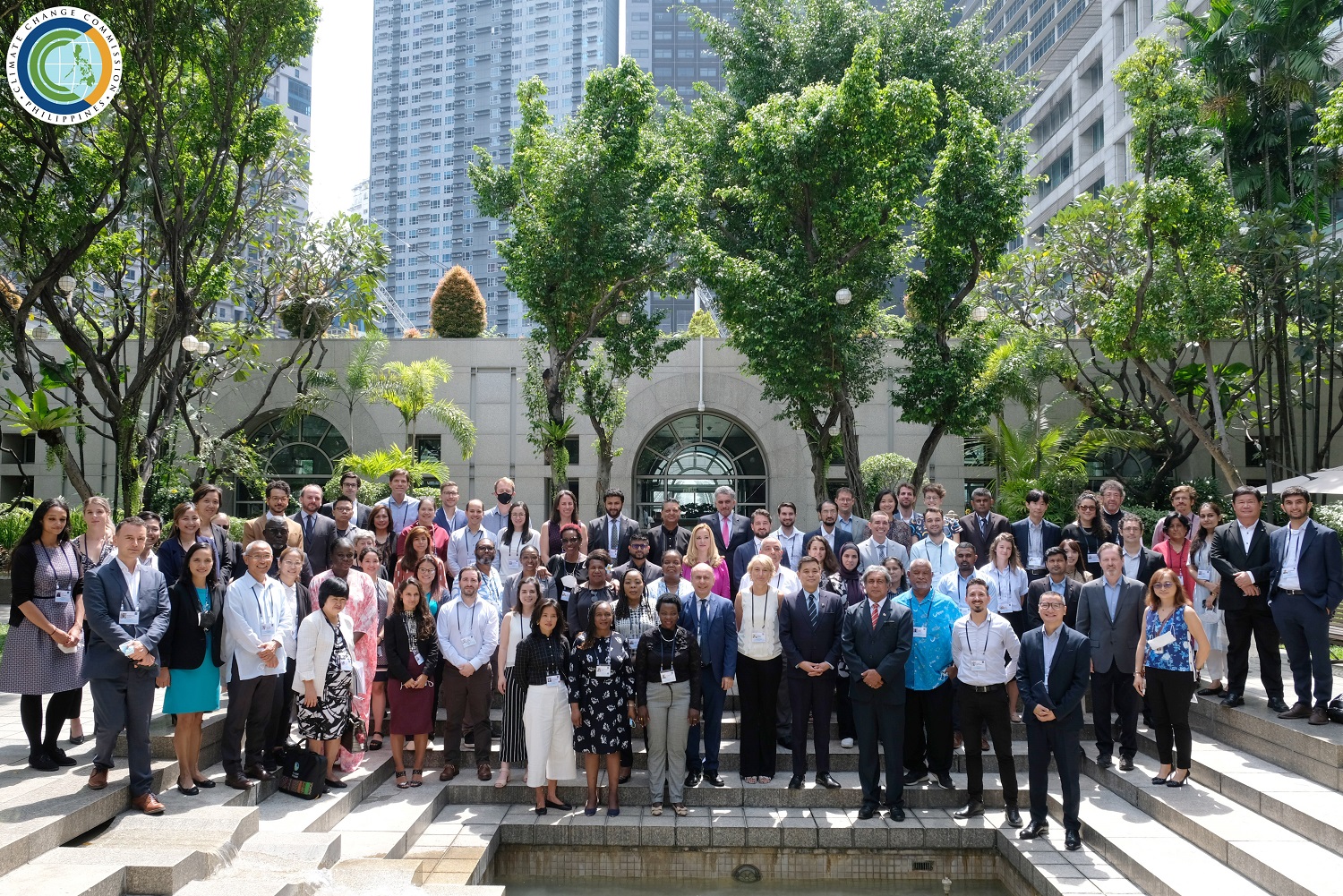
September 09, 2022 Friday

Manila, 9 September 2022 – The Philippines called for climate equity and justice through the delivery of climate finance at the opening of the Third Technical Expert Dialogue (TED3) on Climate Finance of the United Nations Framework Convention on Climate Change (UNFCCC) on 6 September 2022.
Robert E.A. Borje, Climate Change Commission (CCC) Vice Chair and Executive Director (VCED), said that the dialogue is an “opportunity to advance inclusive climate finance” driven by a process that ensures “balanced geographical participation, particularly of developing states in the Asia-Pacific region.”
As vulnerable countries like the Philippines bear the brunt of climate change, VCED Borje emphasized the need for methodological approaches that will produce pragmatic solutions to address the impact of climate change.
VCED Borje also said that the Philippines will continue to do its part, consistent with the pronouncement of President Ferdinand Romualdez Marcos, Jr.
VCED pointed out that under President Marcos’ administration, there is a proposal to increase national budget allocation for climate change-related programs, projects and activities.
The Philippines will also pursue stronger collaboration with partners and stakeholders “to implement more climate actions with results,” added VCED Borje
VCED Borje emphasized the need for and the importance of all nations working together to fight the impacts of climate change. “But we, the at-risk developing nations, cannot do it alone. And even if any of us can, we should not do it alone.
We should work together for our One World, for One Humanity.”
The 3rd TED, as a gathering of global climate finance experts, was described as an important venue to call on the NCQGCF to look beyond what specific countries can afford.
According to the Germanwatch Index, the Philippines ranked 4th most vulnerable country to climate change. The country faces an average of 20 typhoons a year, with losses and damages in the past decade amounting to a 0.5% loss in the Philippines’ Gross Domestic Product (GDP).VCED Borje pointed out that the NCQGFC should focus on providing financial assistance to more vulnerable and less endowed countries, in fulfillment of the
Paris Agreement.
TED3 likewise provides the opportunity “to be influenced by the best available science, to rectify past mistakes on not considering uncertainties, costing for externalities, and affording ample space to innovate – so that rehabilitation is not the norm.”
VCED Borje closed his speech by challenging participating climate finance experts to focus on a paradigm shift for climate finance and investment: “This is what we mean by Build Right at First Sight: to build justly and efficiently at first sight, with a long-term horizon in mind. Our discussions will go beyond dollars and cents.
It will be recommendations for actions that will affect the lives and livelihood of nations. Today is an opportunity to get things right. To secure climate equity and justice for all.”
The Ad Hoc Work Programme on New Collective Quantified Goal on Climate Finance (NCQGCF) created under the Paris Agreement is tasked to conduct four (4) TEDs annually until 2024. The first and second TEDs were hosted by South Africa and Germany, respectively.
As the UNFCCC National Focal Point for the Philippines, the CCC is co-hosting the TED3, in partnership with the UNFCCC Secretariat and the Asian Development Bank.
In the lead up to the 27th Session of the Conference of Parties (COP27) to the UNFCCC in Egypt this November, the four-day TED3 is expected to identify the needs and priorities of developing countries, including their scope, and quantitative and qualitative aspects for equitable and resilient climate action.
TED3 is also seen to advance discussion on the roles of public and private sectors toward efficient delivery and mobilization of climate finance, for low carbon and climate-resilient development.
For more information about the TED3 and the Philippine Government’s preparation for COP27, visit www.climate.gov.ph.